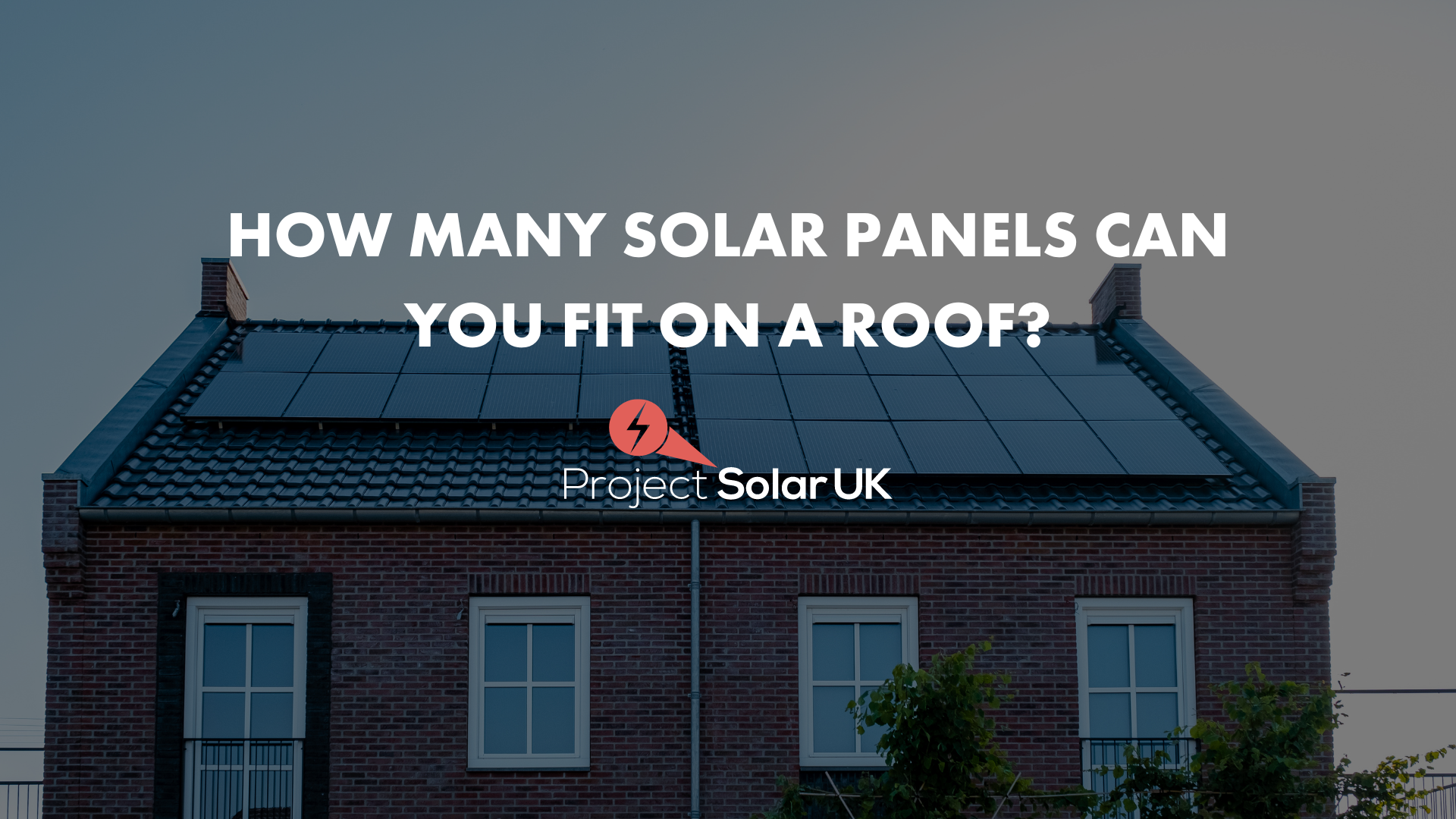Solar panel installation depends on several key factors. The size of your roof, its orientation, and the condition of the structure all play a role in determining how many panels you can install. Additionally, the efficiency of the panels themselves and your household’s energy needs are important considerations. It's crucial to strike a balance between meeting your energy requirements and fitting the system within the available space. With expert guidance and careful planning, it's entirely possible to design a solar system that perfectly matches your home’s needs and lifestyle. To determine the right number of solar panels for your home, start by asking yourself a few key questions: These details help estimate your overall energy usage. Reviewing your electricity bills over the past year can give you a clearer picture of your consumption patterns. If you don’t have this data, start tracking now to build a more accurate understanding of your energy needs. While it's technically possible to power a home using only solar energy, it often requires significant investment in battery storage systems. Most homeowners opt for a hybrid approach, combining solar with grid power to ensure a consistent supply of electricity throughout the year. The more electricity you consume, the more solar panels you’ll need. On average, a UK household uses around 2,700 kWh of electricity per year. However, this number can vary depending on your habits and home size. To get a more personalized estimate, consider using a solar panel calculator. This tool takes into account your most used appliances, their wattage, and the number of hours they’re used daily. It can also provide monthly breakdowns based on sunlight availability in your area. Solar panels perform best when exposed to direct sunlight. In the UK, sunlight varies seasonally and regionally. During winter, days are shorter and the sun is lower in the sky, which can affect solar output. However, during spring, summer, and early autumn, there are longer hours of direct sunlight, making these periods ideal for energy generation. You can check the Met Office’s climate averages to understand how much sunlight your home receives throughout the year. Combining this data with your energy usage will help you make an informed decision about the number of panels needed. Your roof must be strong enough to support the weight of the solar panels, especially if you're planning a larger system. Also, the available surface area is crucial—features like skylights or roof windows may reduce usable space. Shaded areas on your roof can also impact performance. If you're unsure about the exact dimensions of your roof, you can calculate the available area by multiplying the length by the slope height and adjusting for any obstructions. Alternatively, consult a professional for an accurate assessment. Determining the number of solar panels that fit on your roof isn't just about energy needs—it also depends on the physical size of the panels. While solar technology has advanced, panel sizes still vary between manufacturers. It's best to contact your solar panel provider directly to get precise measurements. Once you know the size of each panel, you can calculate how many will fit on your roof based on the available space. There is no official maximum number of solar panels you can install in the UK. However, for larger systems, you may need approval from your local Distribution Network Operator (DNO) to ensure the grid can handle the increased energy flow. Understanding your energy usage not only helps you choose the right solar system but also encourages more mindful consumption. Going solar is a step toward a greener future and contributes to the global goal of reaching net zero by 2050. By switching to renewable energy, you can significantly reduce your carbon footprint. Whether you're looking for residential or commercial solar solutions, we’re here to help. Contact us today to learn more about our services and take the first step toward a sustainable future. Vacuum Conveyor Feeder,Vacuum Feeding Machine,Vacuum Feeder Machine,Continuous Vacuum Feeder For Food,Powder Vacuum Feeder,Industrial Vacuum Feeder,Chemical Feeder Machine,Powder Feeder Machine Jiangyin Loongyi Machinery Co.,ltd , https://www.loongyi-asia.com
How Many Solar Panels Do I Need?
Can I Power My Home Entirely with Solar Energy?
Understanding Your Energy Needs
Does Your Home Get Enough Sunlight?
Roof Condition and Available Space
How to Calculate How Many Solar Panels Fit on Your Roof
Are There Limits on the Number of Solar Panels in the UK?
Join the Solar Revolution!
How Many Solar Panels Can You Fit On a Roof?